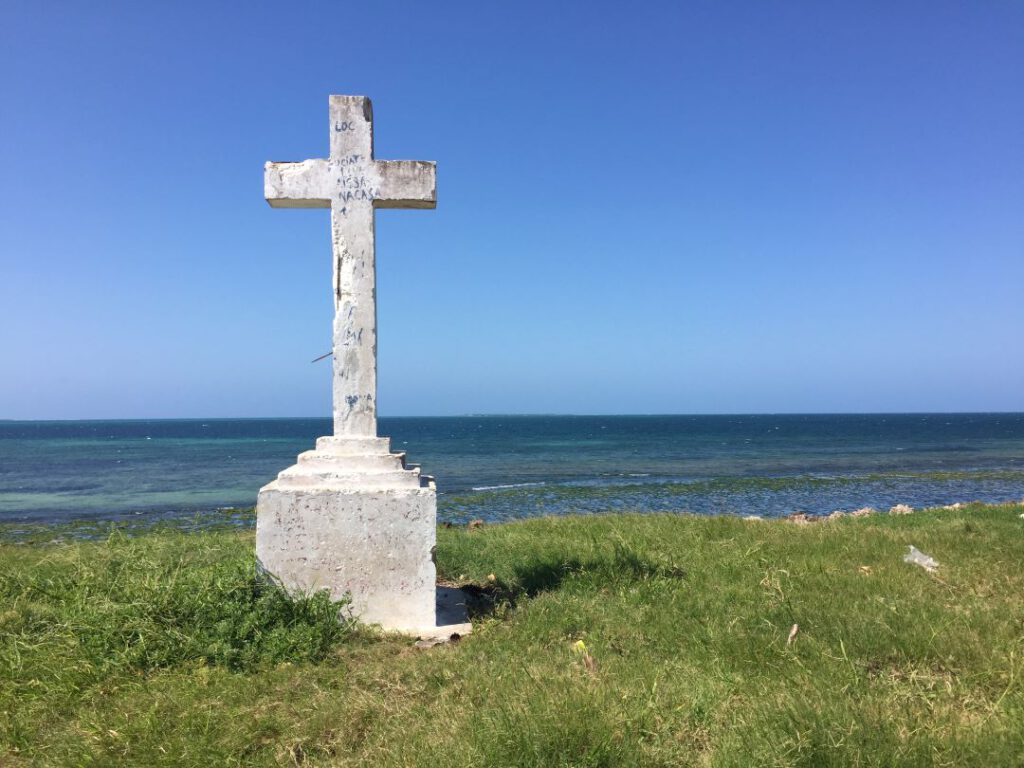
That all institutes of consecrated life may grow in communion and collaboration, recognising the strength that comes from a common vocation and diversity of charisms. Let us pray.
Participating in COP-30 in November 2025 and the Comboni Family Forum was a very memorable experience in my life. These were intense days of listening, learning, and sharing, during which I was able to closely follow important debates on climate justice, care for our Common Home, and the defense of peoples and territories.
During those days, I had some very meaningful experiences, such as Tapiri, a space for interreligious dialogue marked by respect, listening, and diversity of beliefs. I also had the opportunity to learn more about the work that the Comboni Missionaries do in other countries, which broadened my view of the struggles, challenges, and commitments undertaken in different realities.

Another very important moment was the visit to the community of Piquiá. This visit allowed us to present to the participants of the Comboni Family Forum, who came from outside, a little of our history, our struggles, and the resistance of our people. They visited the Frei Tito Community Center and also communities in the interior. It was a moment of sharing, visibility, and strengthening of our collective journey.

It was very good to see people again, talk to new people, and learn about different cultures. I take with me every conversation, every lesson learned, and every story lived. It was a remarkable experience, and I returned even stronger to continue on the journey, with faith, responsibility, and commitment to social and environmental transformation.
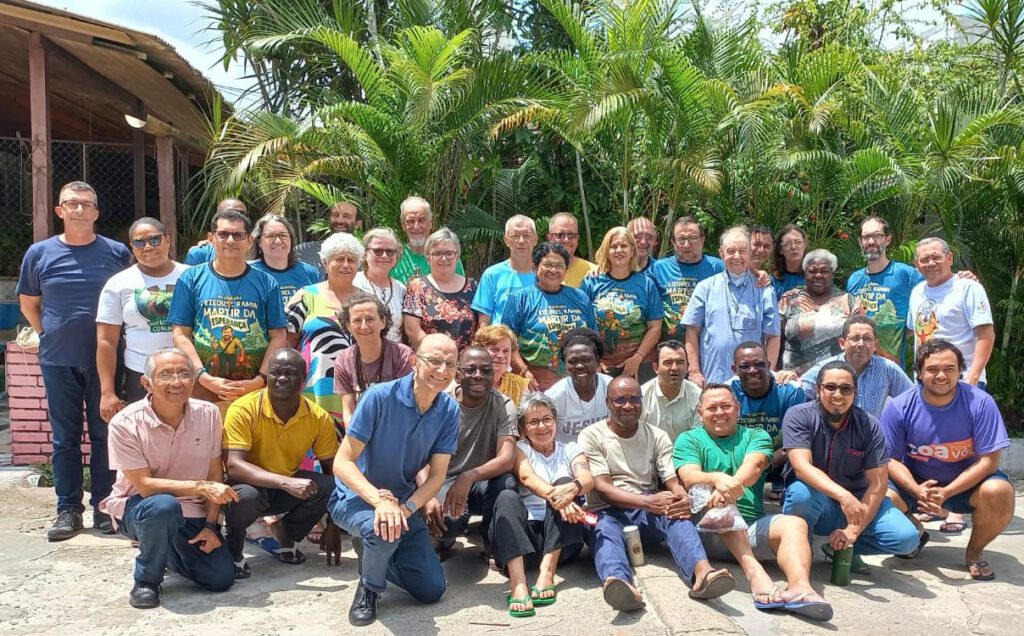
Mainara Bezerra, young woman from Piquiá/MA/Brazil
In my experience as a Mexican, there are many traditions in this country, some of which date back a long time and have been passed down from generation to generation, such as the posadas. Beyond just attending for the sweets that are given to us at the end of each one, we remember the journey that Joseph and Mary had to take to find a place for Jesus to be born. Since they couldn’t find a posada, as they were called back then (nowadays it would be like a hotel room), all they could offer them was a stable, which they accepted with great love.
This tradition of posadas is organized and sung in different parts of the country, each place with its own customs, but with that special touch of what is really being commemorated and what it means.
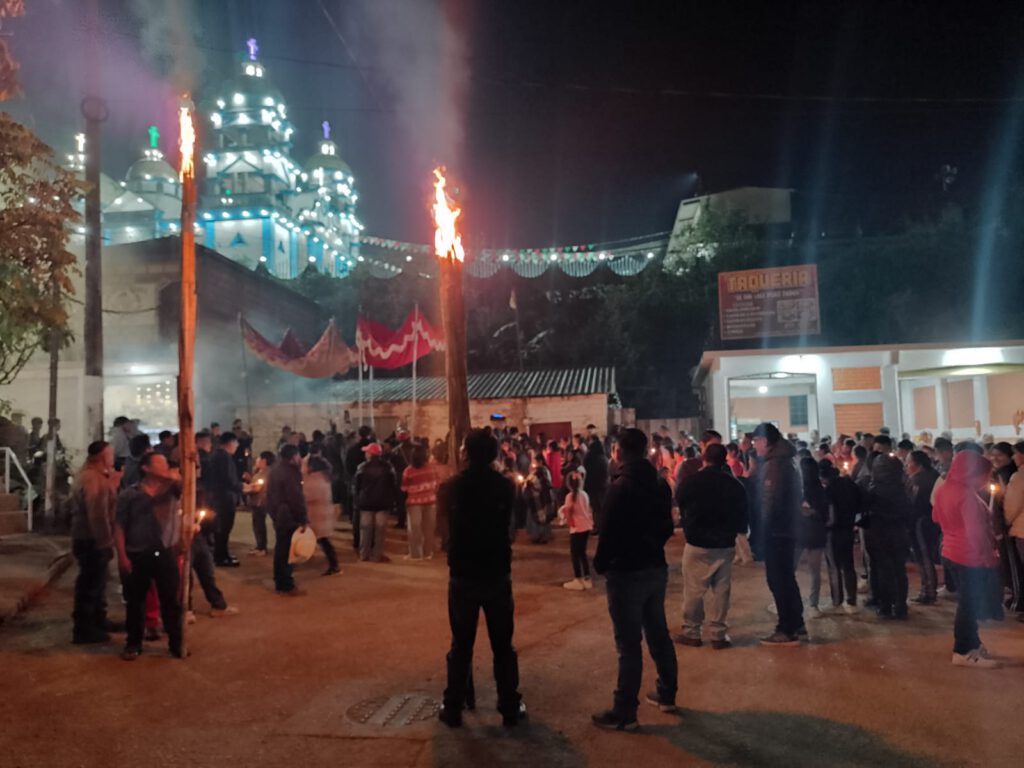
In my family, we organize it this way: nine of the members take one posada per day, and it is their turn to give aguinaldos or some snacks such as a hot drink, better known as ponche, if they can afford it, since it is cold and this is one of the signs that reminds us that Christmas is coming. The rosary is prayed at the end of each mystery, and verses are sung while walking with the pilgrims.
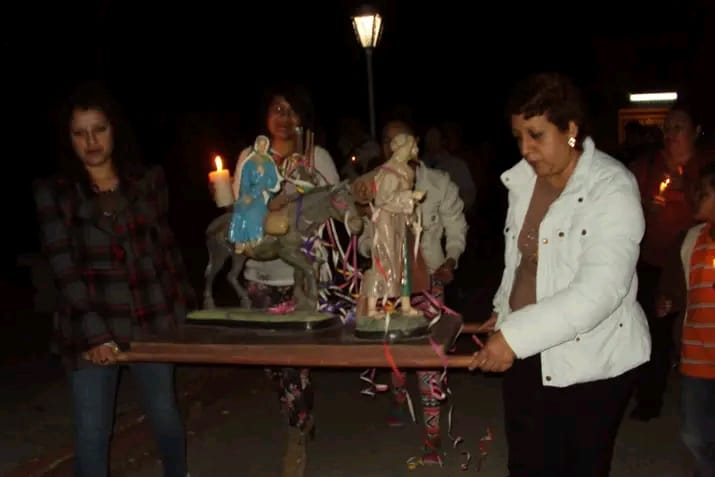
Example:
After several verses, they arrive at a house to ask for lodging. This is done three times during the rosary until it is finished. After making the three requests, they sing the entrance of the pilgrims into the house where they will stay that day, which is the family’s turn to provide lodging. The next day, they begin to go to the next house, and so on for nine days.
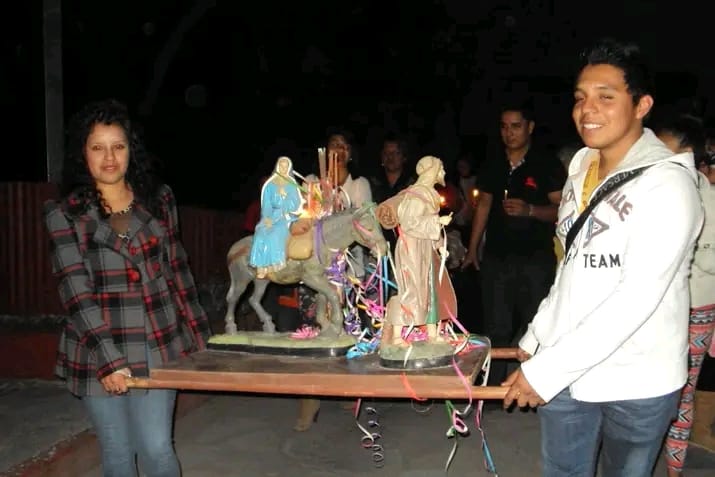
Even though we are in the same country, each state, diocese, parish, neighborhood, and family has a different way of organizing and carrying out this tradition, and the same applies to the songs, the melody, and the rhythm.
Here in Metlatonoc, where I am on mission, they are organized very differently, according to their customs. It has been a very pleasant experience because I have learned a lot from the people by observing them. The organizers of the posadas here are the stewards. Only they move the images, decide which children will carry them, and ring the bell while the images are being moved. Something curious that I noticed here is that they have the pilgrims dressed like them, in traditional regional clothing.
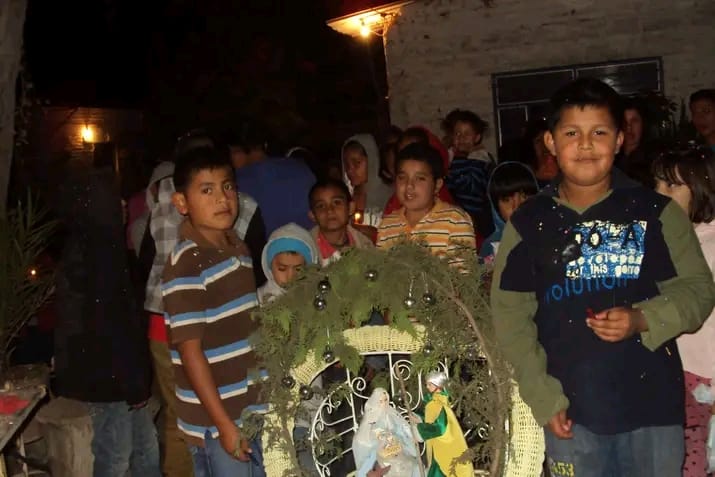
The singer recites part of the rosary before leaving with the pilgrims. When the litany begins, it is time to start walking. He sings in Latin and responds to himself. When he arrives at the house where he will ask for lodging, he stops singing the litany. The Guadalupana and Juquila groups read the readings and sing the petition, both the verses from outside and inside, dividing themselves to do so. In these posadas, they bring a band, give whistles to everyone, make a lot of noise, and set off fireworks. When they arrive at the house where the pilgrims will stay, it is recognizable because it is very decorated and has the portal they prepared.
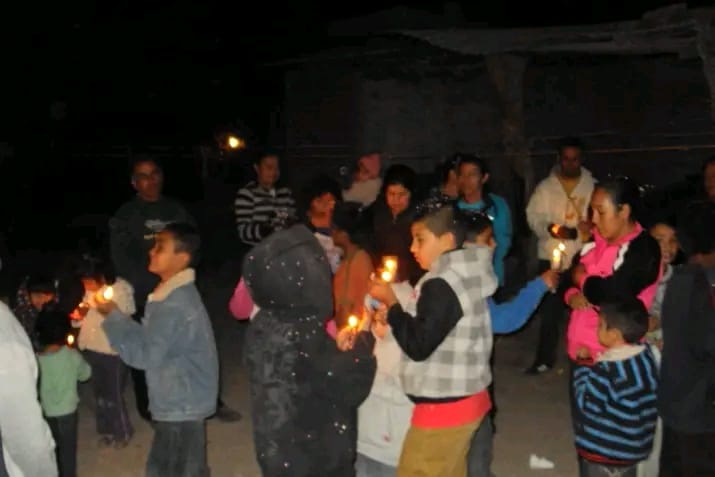
The singer finishes praying the rosary there, the groups mentioned above gather and sing some Christmas carols, and then the whole parish community continues to socialize. It is customary to serve pozole and coffee, the band plays, and people are encouraged to dance. Everything ends around 11 or 12 at night. There are three groups of singers: two from Guadalupe and one from Juquila. They divide up the days on which they will sing and participate.
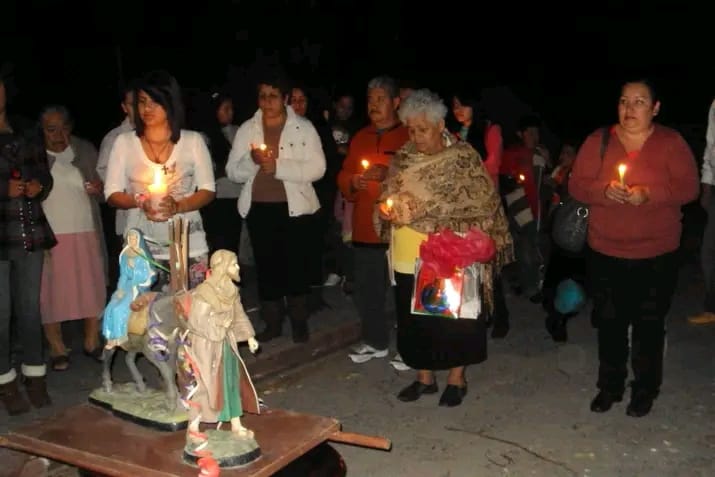
It has been a different experience to celebrate these holidays away from my family. As my brothers told me, now you will spend time with other people, and when you come home for vacation, it will be time to spend time with us. What keeps me going is the prayer and encouragement that my whole family, friends, and acquaintances give me. I am trying to take care of God’s things because I know that He is taking care of mine, which are mainly here on earth, me and my family.
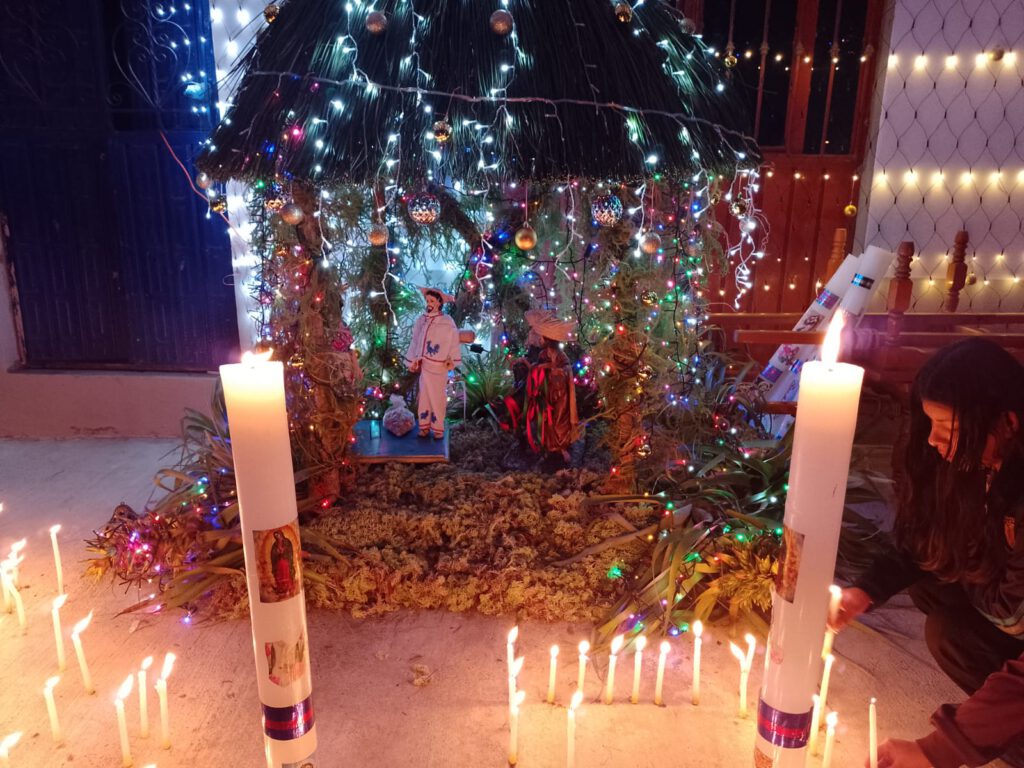
Mariana, CLM in Metlatonoc (Mexico).